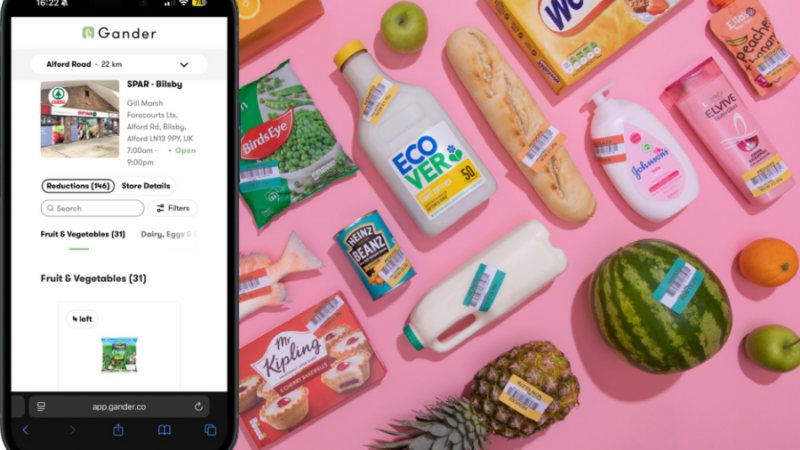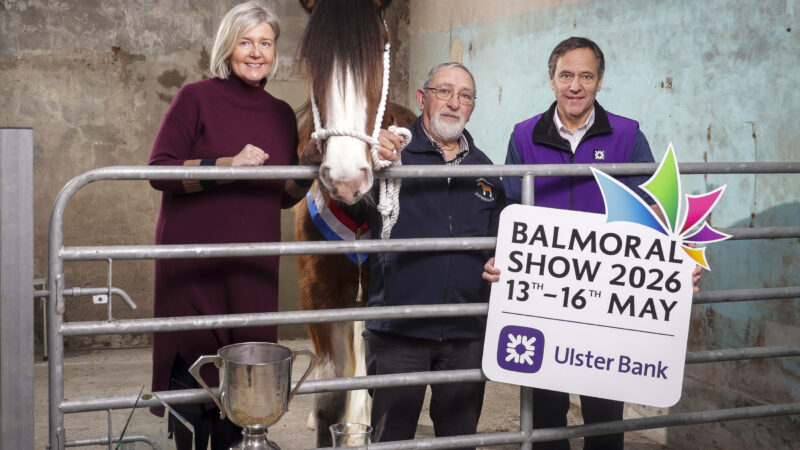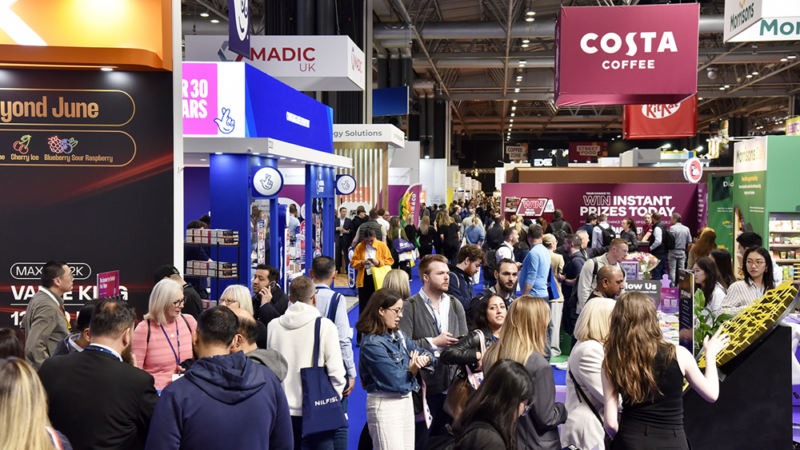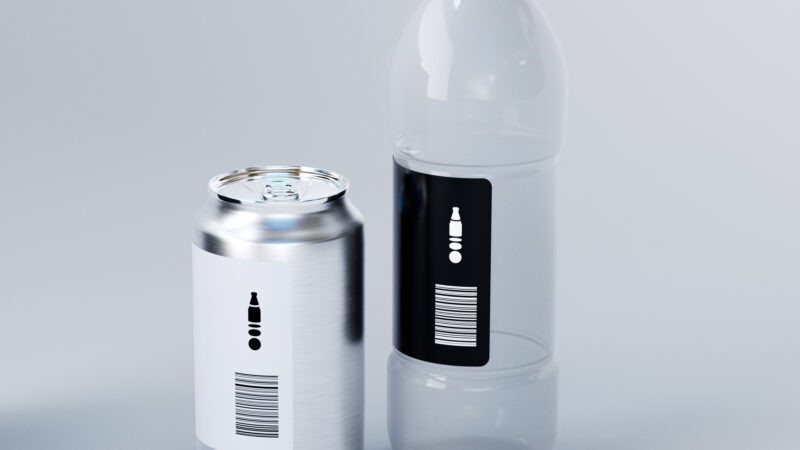Grocery prices rise at the fastest rate since 2009 – but Jubilee weekend could boost sales

UK grocery prices are rising at their fastest rate since 2009, leaving people increasingly worried about the cost of the weekly shop, research suggests.
Grocery prices were up 7% in the past four weeks compared with a year ago, market research firm Kantar said.
Food prices are now the second most important concern to families after spiralling energy bills, the company said.
However, Kantar says the UK is still set to splash out on food and drink over the Platinum Jubilee bank holiday weekend.
“Looking back at the Diamond Jubilee in 2012, we saw a 10% boost in supermarket sales during the week leading up to the festivities,” said Fraser McKevitt, head of retail and consumer insight at the research firm.
“We should never underestimate the appetite for a party, especially a royal one.”
He said the four-day bank holiday weekend was likely to boost supermarket sales as people celebrated with friends and families and splashed out on alcohol, soft drinks, barbecue foods and desserts.
Food, fuel and energy costs have jumped recently in part due to the Ukraine war and it is squeezing households.
According to Kantar, 22% of households now describe themselves as “struggling” to make ends meet, with the rising price of the weekly shop a concern for over nine in ten of these people.
Prices are going up fastest for products such as dog food, savoury snacks and fresh beef, it said, although they are falling for alcoholic spirits.
Mr McKevitt said: “People are really feeling the squeeze at the supermarket tills and they’re having to stretch their budgets further to accommodate rising prices.
“To put the most recent numbers into context, if you were picking up supplies for a family fry up over the long weekend with toast, eggs, sausages, bacon, and beans it would cost you £6.83 – that’s a significant 40p increase on last year.”
Meanwhile, YouGov research showed that two in five Britons have been forced to reduce or stop spending on clothes, eating out, non-essential food items and takeaways over the last six months. One in five have cut or stopped spending on day trips, holidays and fuel.
According to Kantar, UK grocery sales fell by 4.4% in the 12 weeks to 15 May compared with the same period last year, when stay-at-home rules boosted sales.
Discounter Lidl was the fastest growing grocery chain, with its sales increasing by 6% in the period. That was just ahead of rival Aldi whose sales were up 5.8%.
Tesco remained the UK’s biggest supermarket, expanding its market share share for the 17th month in a row to 27.4%.






